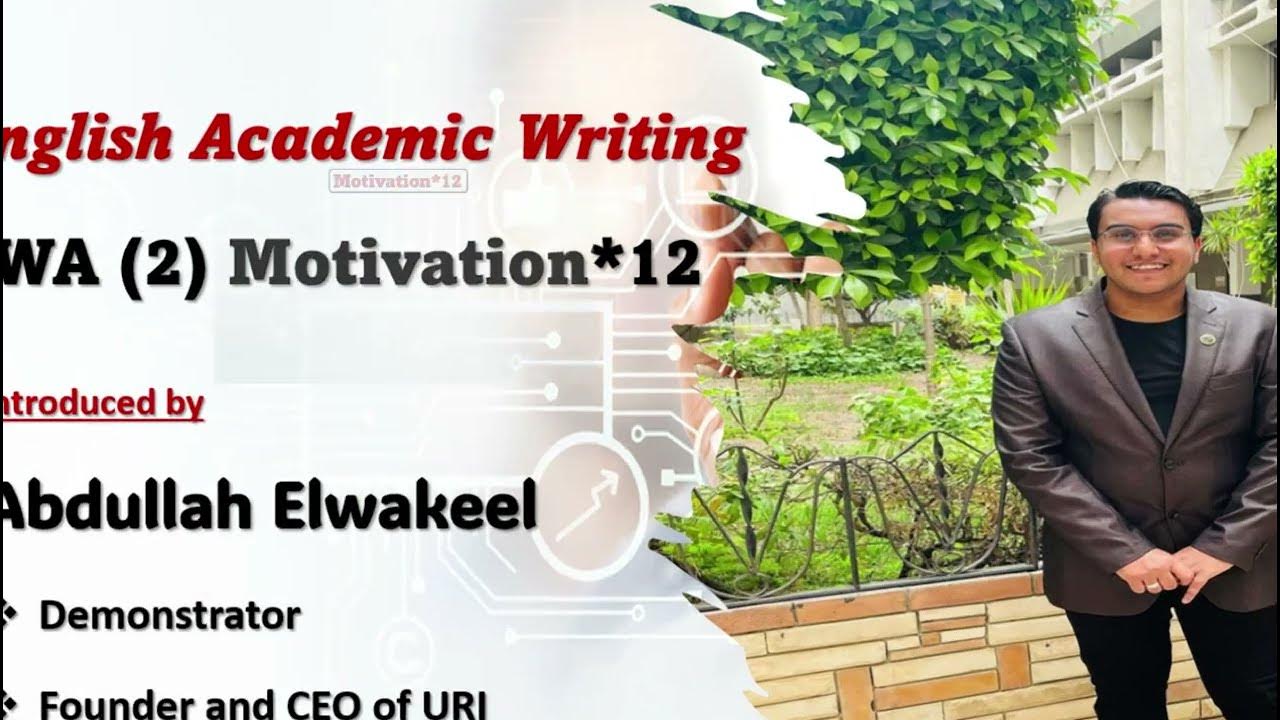What is Creative Writing?
Summary
TLDRDouglas Cow, Senior Lecturer and Creative Writing BA Director at Royal Holloway, explores creative writing as a serious academic discipline. Although relatively new in the UK, it has grown rapidly over the past decade. Unlike English literature, which often focuses on historical context and themes, creative writing emphasizes the mechanics of storytelling, including language, character, plot, and rhythm. It trains students to investigate the world using imagination, knowledge, and language, fostering the ability to create meaningful effects in fiction, poetry, and plays. Creative writing is presented as a rigorous, imaginative, and analytical field, offering tools to both understand and shape the world through writing.
Takeaways
- 😀 Creative writing is a relatively new academic discipline in the UK, compared to its long history in the United States.
- 😀 The discipline has grown significantly in the last decade, with new programs emerging across the UK every year.
- 😀 Creative writing provides tools and skills to investigate the world, similar to other academic disciplines like biology, history, or English literature.
- 😀 Unlike English literature, creative writing focuses on the mechanics of writing, such as sentence structure, language, and how they create effects.
- 😀 In creative writing, the emphasis is on understanding how to create specific effects through language, characters, plots, and settings.
- 😀 The study of creative writing involves practical application, as students learn how to write and create, not just analyze.
- 😀 Creative writing explores the rhythm, sounds, and meaning in poetry, which differs from the way literature is studied in English courses.
- 😀 A key difference between creative writing and English literature is the focus on the 'how' of writing, rather than the historical or thematic context of the work.
- 😀 The discipline of creative writing allows for creative expression using imagination, knowledge, and language.
- 😀 Creative writing also allows for the exploration of language beyond English, making it a more diverse and inclusive field.
Q & A
Who is Douglas Cow and what is his role at Royal Holloway?
-Douglas Cow is a senior lecturer in Creative Writing at Royal Holloway in the Department of English. He is also the director of the Creative Writing BA program.
How long has creative writing been established as an academic discipline in the UK?
-Creative writing has been established as an academic discipline in the UK since around the 1970s, making it relatively new compared to other disciplines.
How does creative writing compare to traditional academic disciplines like biology or history?
-Creative writing is similar to other academic disciplines in that it provides tools and skills to investigate the world, but it does so through imagination, language, and creative processes rather than through traditional methods.
What is the recent trend in creative writing programs across the UK?
-In the last ten years, creative writing programs have rapidly expanded across the UK, with new programs emerging every year.
How does studying creative writing differ from studying English literature?
-While English literature focuses on analyzing texts in terms of historical context and thematic content, creative writing emphasizes understanding the mechanics of language, sentence structure, and literary techniques, and applying them to produce original works.
What do students focus on when reading literature in a creative writing program?
-Students focus on how the text operates at the level of language, structure, and effects, rather than solely on its historical context or themes. They explore how to create similar effects in their own writing.
What are the key components of creative writing in fiction and plays?
-Key components include crafting sentences, developing characters, creating plots, constructing settings, and manipulating language to produce desired effects.
How does creative writing differ in poetry compared to fiction or plays?
-In poetry, the focus is more on creating rhythms, using the sounds of words, and shaping language to generate meaning and emotional impact, rather than constructing plots or characters.
What is the ultimate goal of studying creative writing as a discipline?
-The goal is to investigate the world through imagination, knowledge, and language, enabling writers to understand how literature works and to create their own impactful writing.
Can creative writing involve languages other than the writer's own?
-Yes, creative writing can involve other people's languages as well, allowing for experimentation and expansion of literary possibilities.
Why might creative writing be considered an exciting academic field today?
-It is exciting because it allows students to combine creativity with analytical skills, explore language in innovative ways, and there is rapid growth and recognition of creative writing programs across the UK.
Outlines

Esta sección está disponible solo para usuarios con suscripción. Por favor, mejora tu plan para acceder a esta parte.
Mejorar ahoraMindmap

Esta sección está disponible solo para usuarios con suscripción. Por favor, mejora tu plan para acceder a esta parte.
Mejorar ahoraKeywords

Esta sección está disponible solo para usuarios con suscripción. Por favor, mejora tu plan para acceder a esta parte.
Mejorar ahoraHighlights

Esta sección está disponible solo para usuarios con suscripción. Por favor, mejora tu plan para acceder a esta parte.
Mejorar ahoraTranscripts

Esta sección está disponible solo para usuarios con suscripción. Por favor, mejora tu plan para acceder a esta parte.
Mejorar ahoraVer Más Videos Relacionados
5.0 / 5 (0 votes)






